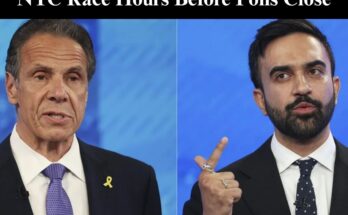Far-Right Activist Tommy Robinson Acquitted of Terror Offence at Channel Tunnel Stop — Thanks Tech Billionaire Elon Musk for Legal Backing
In a packed courtroom at Westminster Magistrates’ Court on November 4, 2025, a legal saga that has divided public opinion and spotlighted questions of free speech, state power and border policing came to an unexpected conclusion. Tommy Robinson—the activist born Stephen Yaxley-Lennon who rose to national prominence in the U.K.—was found not guilty of an offence under the Terrorism Act 2000 after refusing to hand over the PIN to his mobile phone when stopped at the Channel Tunnel port in July 2024. The court’s decision, in which the judge found that the reason for the stop appeared to stem from Robinson’s beliefs rather than credible suspicion of terrorism, has ignited debate across political and legal circles.
Robinson, 42, arrived at the hearing under heavy public scrutiny. He had been driving a silver Bentley Bentayga SUV and, at the time of his stop by Kent Police at the Channel Tunnel on July 28, 2024, he carried more than £13,000 in cash and approximately €1,900. The stop was executed under Schedule 7 of the Terrorism Act—a sweeping power that allows officers at certain ports and border points to question persons about involvement in or suspicion of terrorist acts.
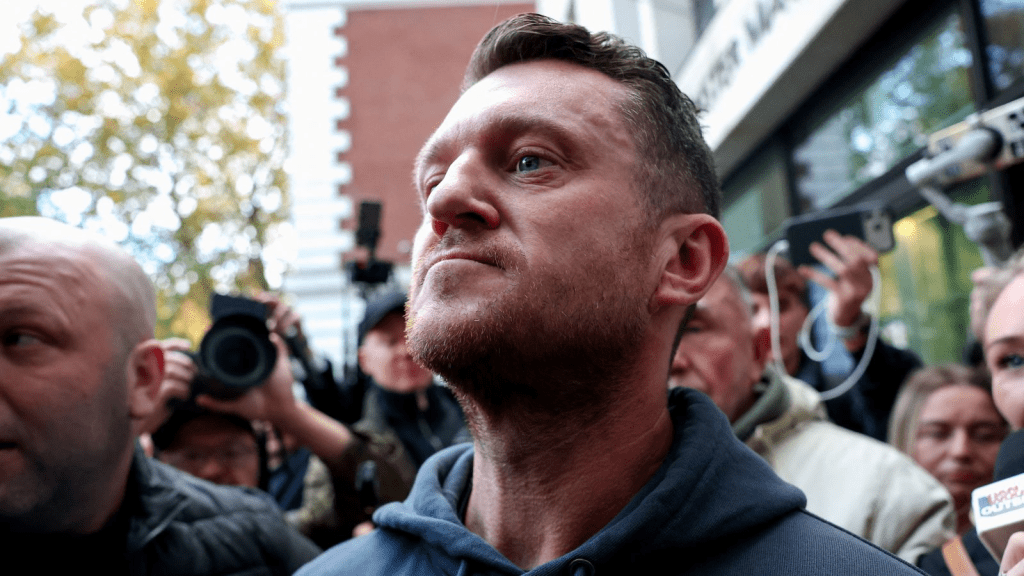
The central confrontation centered on Robinson’s refusal to unlock his phone and provide the PIN. He asserted journalistic privilege, maintaining that his device contained legitimate “journalistic material” and that he had the right to refuse access. Prosecutors argued that police had reasonable grounds to stop him, citing his demeanour, the value of the vehicle, the timing of the journey and his destination. Nevertheless, Judge Sam Goozee concluded that the stop was unlawful because it appeared to be driven by Robinson’s political beliefs rather than concrete terrorism suspension. “I cannot put out of my mind that it was actually what you stood for and your beliefs that acted as the principal reason for this stop,” the judge declared.
Days after the ruling, Robinson publicly thanked Elon Musk—the tech billionaire and owner of X—whom Robinson said had funded his legal defence. Outside the court, Robinson said: “First of all, thank you Elon Musk … Why has it taken an American businessman to fight for our justice here and our fight against terrorism charges for journalists?” His remarks and Musk’s involvement have fueled a broader conversation about how free speech, the media and online platforms intersect with law enforcement powers.
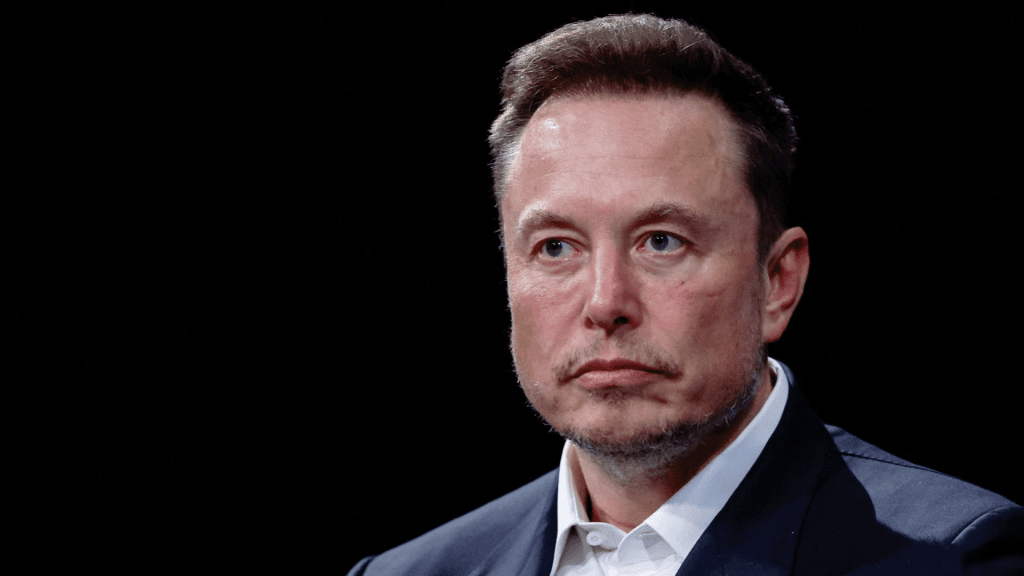
The case raises several profound questions about how anti-terror laws are applied at British ports, how journalistic protections are interpreted and where belief, religion or speech intersect with state power. With this verdict, Robinson emerges legally vindicated in this particular case—but the public debate around his activism and views remains intense. Critics note his long history of convictions and classify him as a far-right figure whose views on immigration and Islam have stirred controversy. Supporters frame him as a free speech champion who stood against what they describe as state overreach. The court’s ruling did not address his activism or past criminal record; it focused narrowly on whether the stop and demand for his phone PIN were lawful.
At its core, the decision marks a cautionary moment for border enforcement: when and how can police powers under the Terrorism Act be exercised without crossing into discrimination based on protected beliefs? The judge noted that officers involved “had no real recollection” of the questions they asked and appeared to rely on recognition of Robinson and his public profile. According to the ruling, the basis for the stop failed to satisfy the statutory purpose of Schedule 7.
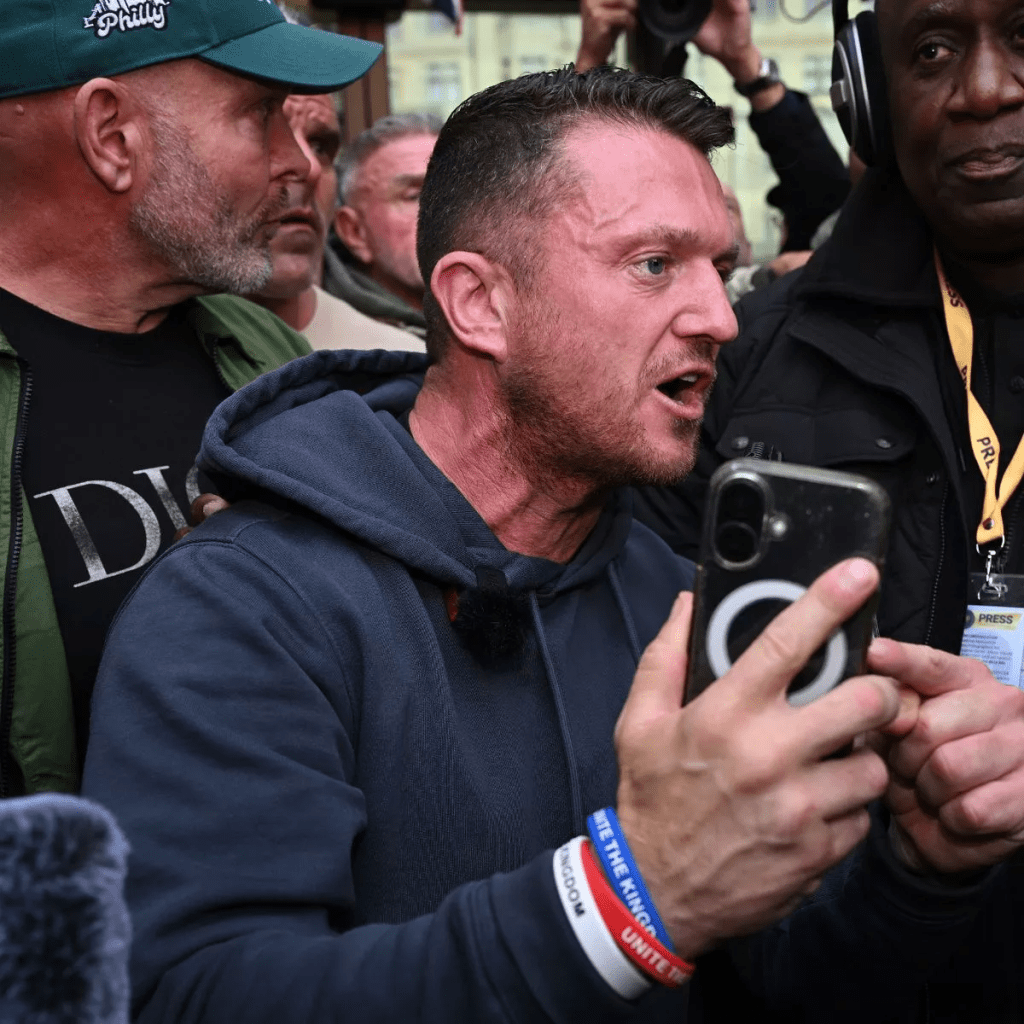
For Elon Musk’s supporters and free-speech advocates, the outcome is seen as a victory not only for Robinson but also for the notion of financial backing and platform power influencing justice. Musk’s early reinstatement of Robinson’s X account and his past support of high-profile legal-defence issues have positioned him as more than an on-looker in this case. For others, the alliance raises eyebrows: what does it mean when an ultra-wealthy tech entrepreneur intervenes in criminal proceedings in another country, especially in a case so politically charged? The optics alone have triggered broader inquiry.
From the prosecution’s standpoint, the case reflects the inherent tension in counter-terrorism law: balancing the need to maintain national security with the obligation to protect fundamental rights and freedoms. The police believed they had reasonable suspicion under Schedule 7; the defence argued the stop amounted to discrimination because Robinson’s activism and beliefs were the true trigger. Judge Goozee’s ruling firmly sided with the defence in this instance.
Looking ahead, the implications of this ruling may be felt well beyond Robinson’s case. Border enforcement agencies and policy makers will likely scrutinize how Stop & Search powers under Schedule 7 are applied, what thresholds of suspicion must be met and how those decisions are monitored for potential bias or protected-belief discrimination. For Robinson himself, the verdict offers a moment of legal reprieve—and perhaps renewed momentum for his activism. For Musk, the episode cements his role as an international influencer in legal and political battles that cross jurisdictions.
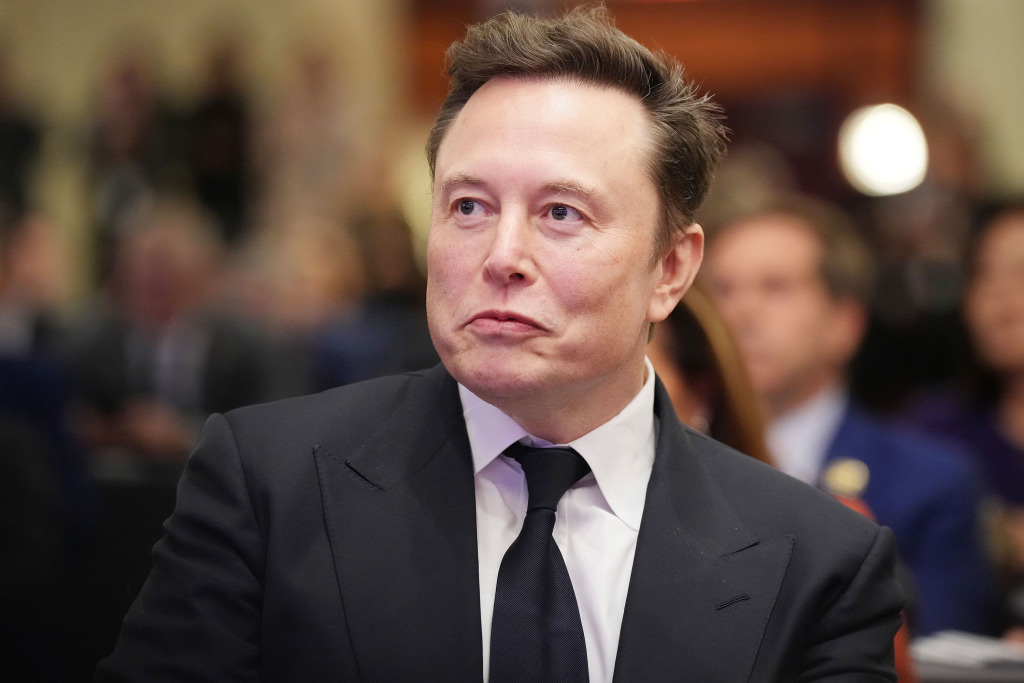
Yet the verdict does not erase the larger context: Robinson remains a controversial figure whose past includes founding and leading the English Defence League in 2009, numerous convictions and a highly polarised position within UK politics. His stories are followed by supporters as emblematic of resistance, and by critics as emblematic of extremism. The court decision addresses one narrow legal question; it does not rehabilitate his entire record, nor does it eliminate public scrutiny of his actions.
In his brief remarks outside court, Robinson described the ruling as a “slam-down against the police” and declared that the case exposed “state persecution.” Yet for many, the real story lies not simply in his triumph but in how the system handled him, how law enforcement used counter-terror powers and how a private individual funded by a global technology figure intervened. In that sense, it is a complex tale of law, power, belief and media in the digital age.
For now, Robinson walks free, cleared of the current charge. But the legal and public ramifications are just beginning. In a world where social media, platform power and political activism increasingly converge, this case may serve as a precedent—not only for those claiming press or journalistic protections, but for how states manage dissent, belief and the tools of enforcement. The coverage, the verdict, the involvement of Elon Musk—they all contribute to a narrative far richer than the courtroom alone.

